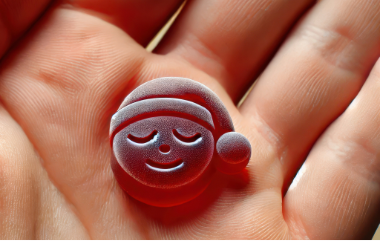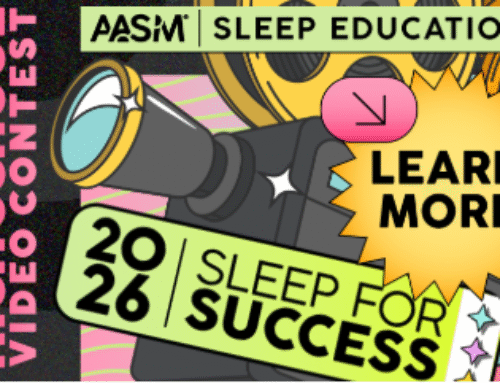Many parents want to make sure their child gets good sleep. Some try a strict bedtime or limit screen time. But lately, more parents are turning to melatonin. In fact, almost half (45%) of parents say they have given melatonin to a child under 18, according to a survey from the American Academy of Sleep Medicine (AASM).
What is melatonin and how does it work?
Melatonin is a hormone that helps regulate the body’s internal clock. It’s widely available as an over-the-counter supplement in the U.S. Melatonin is the second-most popular “natural” product that parents give to their children, next to multivitamins.
There’s strong evidence that melatonin can help adjust sleep timing in people who have jet lag, shift work disorder or a delayed sleep-wake phase. But what about other sleep problems? There’s not as much evidence there, especially for kids. So, what does this mean? Should parents be giving it to their children?
Is melatonin a quick fix?
“Melatonin is often seen as a quick fix for sleep problems, but it’s not a one-size-fits-all solution,” said Dr. Jocelyn Y. Cheng, a sleep medicine physician and AASM Public Safety Committee member. She advised using melatonin for kids only with caution — and ideally under the guidance of a health care professional.
Overdose concerns
Following the pandemic, there are growing reports of melatonin overdose, calls to poison control centers and emergency room visits for children. This prompted the AASM to issue a health advisory about melatonin use in kids and teens.
Melatonin supplements are classified as dietary supplements, meaning they are not heavily regulated by the FDA. These supplements can vary significantly in dosage, especially in chewable forms. This makes it easy for kids to take too much. In one study, melatonin ranged from less than one-half to more than four times the amount stated on the label.
Also, supplements may contain chemicals that are considered controlled substances. In a recent study, researchers found quantities of a controlled substance used in the treatment of several neurological disorders in 8 of the 30 melatonin supplements tested.
Choosing products with the USP Verified Mark can help ensure the quality of the supplement. This mark indicates the product meets certain quality control standards, but only a few melatonin products have earned it.
What can parents do before using melatonin?
“Many sleep problems can be addressed through behavioral changes and improved sleep habits,” Dr. Cheng said. Before trying melatonin, try these tips:
- Set a regular bedtime: Use the AASM’s online bedtime calculator.
- Create the right environment: Keep the bedroom cool, dark and quiet.
- Make a calming routine: A relaxing pre-sleep routine can make a big difference.
Final thoughts
Melatonin can improve sleep in children whose body clocks are “off schedule” and in some children with developmental problems. It can be helpful, but it’s not always the best answer for kids.
Simple changes in bedtime habits might solve the problem without supplements. Always talk to a pediatric health care professional before giving melatonin to your child.




